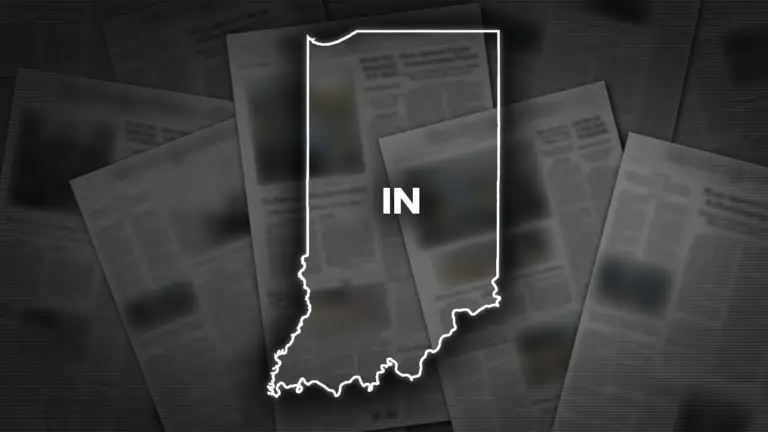Tragedy Strikes as Elderly Couple Succumbs to Carbon Monoxide Poisoning in Northwestern Indiana Home
In a heart-wrenching incident that unfolded in a quiet corner of northwestern Indiana, two elderly individuals were discovered lifeless within their residence, victims of suspected carbon monoxide poisoning. The grim discovery emerged after it was revealed that the exhaust pipe in their home, located in Merrillville, had become obstructed by the presence of bird nests.
The alarm was raised on a somber Sunday morning when a concerned relative dialed 911 upon finding the two occupants of the residence in an unconscious state, as reported by The Times of Northwest Indiana.
The Merrillville Fire Chief, Ed Yerga, revealed that emergency responders swiftly identified elevated levels of carbon monoxide within the premises. Tragically, it is presumed that the two individuals met their unfortunate demise due to exposure to this toxic gas.
Chief Yerga conveyed on Monday that their preliminary investigation pointed to a chilling cause for the lethal gas buildup. The home’s boiler flue, an integral component of its natural gas-powered heating system, had been clogged by avian nests, resulting in a fatal influx of carbon monoxide within the dwelling.
The Silent Threat: Carbon Monoxide
Carbon monoxide, an insidious and odorless gas, is generated during the process of combustion. It can lurk in fumes stemming from various sources such as automobiles, generators, gas stoves, and heating systems, making it a perilous presence within our homes.
As of Monday, the identities and ages of the deceased individuals were not disclosed. The Lake County Coroner’s Office has scheduled autopsies to be conducted on Tuesday, shedding light on the precise circumstances surrounding their untimely passing.
In the wake of this tragic incident, the Merrillville Fire Department has issued a poignant reminder to all residents. They underscore the critical importance of maintaining functional carbon monoxide and smoke detectors within their homes. Furthermore, the imperative of an annual inspection of heating systems to prevent such calamities has been emphasized.

